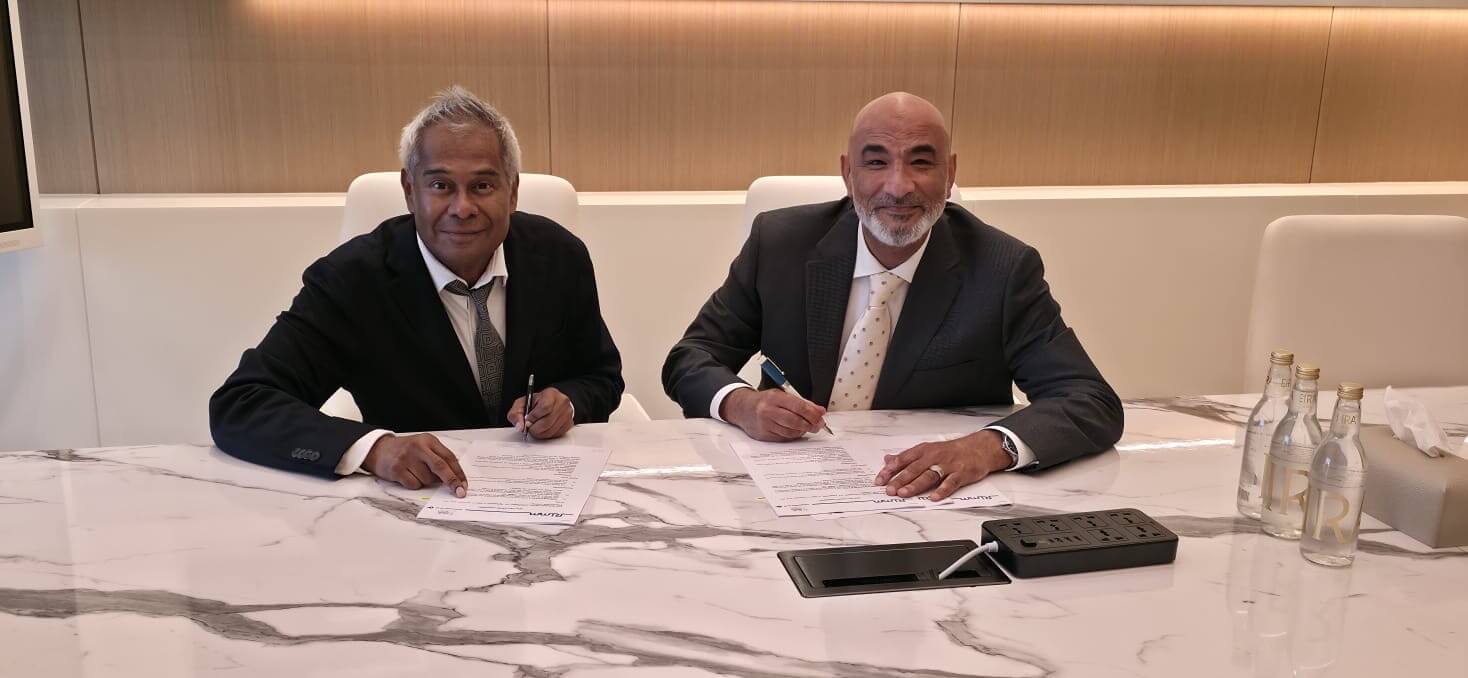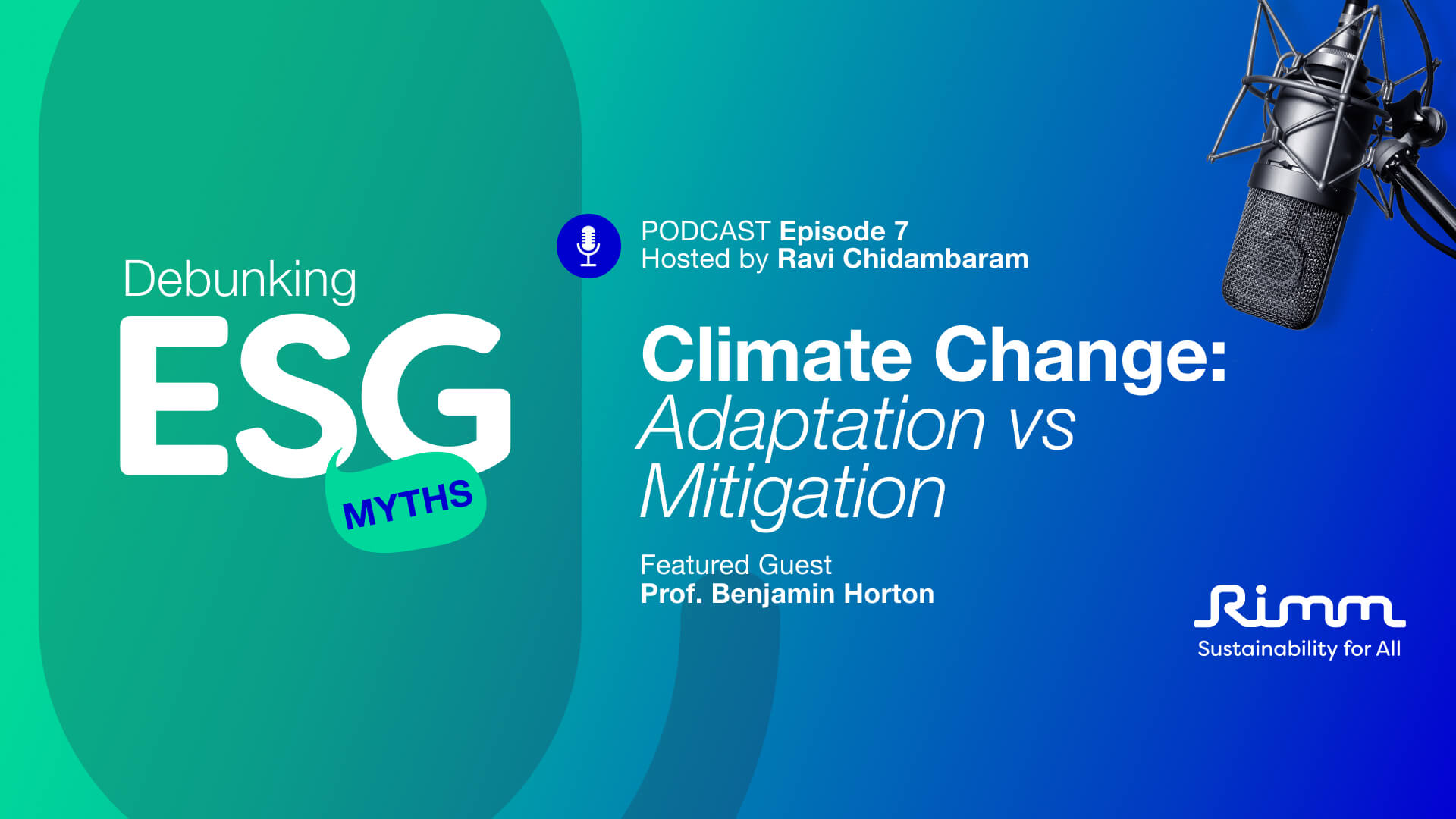Transparency is the bedrock of trust in the sustainable bond market, ensuring that investors can make informed decisions and fostering accountability in financing projects with positive environmental and social impacts.
Green, Social and Sustainability (“GSS”) bonds have become an important part of global fixed income markets, as institutions and individuals look to align their investment portfolios with environmental, social and governance (“ESG”) priorities or with internationally recognized principles such as the United Nations Sustainable Development Goals.
In 2022, issuance of GSS bonds in Asia accounted for nearly one quarter of the global total, according Moody’s, with around US$115 billion of green bonds, US$54 billion of social bonds and US$29 billion of sustainability bonds. The rapid growth in transaction volumes – which Moody’s expects to continue this year – has been largely driven by government policy and regulatory support, including country net zero targets, benchmark sovereign bond issues and a strong push towards developing regional and national standards and taxonomies.
At the same time, investor appetite for sustainable assets like GSS bonds is steadily increasing. A report last year by Accenture found that around one third of Asia’s affluent investor base already invested along ESG lines, while a further 37 percent planned to do so in 2023. This trend is likely to continue, as younger investors, who typically report greater interest in ESG, become the dominant decision makers in the region.
Varying standards
GSS bonds, also known as “labelled” bonds, are financial instruments whose proceeds must be used specifically for funding projects with dedicated environmental and/or social benefits. Issuance of these securities has become widespread across several Asian economies, but there is still considerable divergence in the understanding and adoption of sustainable practices across different issuers, and consequent inconsistency in the quality of labelled bonds brought to market.
Against a backdrop of evolving regulation across the region, investors may struggle to verify the attributes associated with a bond in a particular country, and also to compare one against another. Existing standards currently differ with respect to project criteria, green definitions and verification, while the methodologies used by the external reviewers and third party experts employed to certify their credentials also vary widely.
These conditions expose investors to the potential risk of funding activities whose sustainability performance does not meet their expectations, and opens them up to possible accusations of “greenwashing”.
Greater global transparency
One strategy for issuers and investors in the region is to look towards international standards for greater transparency.
The Green Bond Principles is a set of voluntary guidelines put together by the International Capital Market Association (“ICMA”), that establishes clear reporting on a green bond’s environmental objectives and estimated impact. Examples of project categories eligible for green bond issuance include renewable energy, energy efficiency, clean transportation, green buildings, waste water management and climate change adaptation. ICMA has also created similar guidelines for social and sustainability bonds.
A growing percentage of GSS bonds issued in Asia are now aligned to recognized frameworks, such as those developed by ICMA, or the recently launched ASEAN Green Bond Standards, which are themselves based on the Green Bond Principles. Nevertheless, investors need to do their own due diligence on the issuer and the use of proceeds, especially in markets where this asset class is less well established.
Benefits from better data
Where investors are successfully navigating these challenges, and quality data is available, demand for GSS bonds is in some cases well ahead of supply. Here, bondholders may enjoy a “greenium”, where labelled bonds have lower overall yields compared to their conventional alternatives. Some GSS bonds also experience stronger secondary market performance and offer more liquidity than their vanilla equivalents with the same risk profiles.
As regulators continue to push for greater transparency across the region, better data will help to reduce funding costs for issuers, deepen markets and create more opportunities for investors.
Want to learn more about Rimm’s solutions? Browse our catalog or book a free demo today.

Alexandra Tracy
Board Member, Rimm Sustainability
Alexandra Boakes Tracy is President of Hoi Ping Ventures in Hong Kong, which she established to provide research and consulting on investment, climate and sustainability issues. Based in Asia for over twenty years, Alexandra was an investment banker across key companies like Morgan Stanley and Citibank, advising on the financing of major energy and infrastructure projects.
Simplify Your Sustainability Performance & Tracking With myCSO
✅ Calculate your scope 1, 2 and 3 emissions instantly
✅ Gauge your company’s sustainability performance
✅ View your sustainability performance all from one dashboard
✅ Benchmark against industry peers
Enter your information below to book a demo with our team today.







